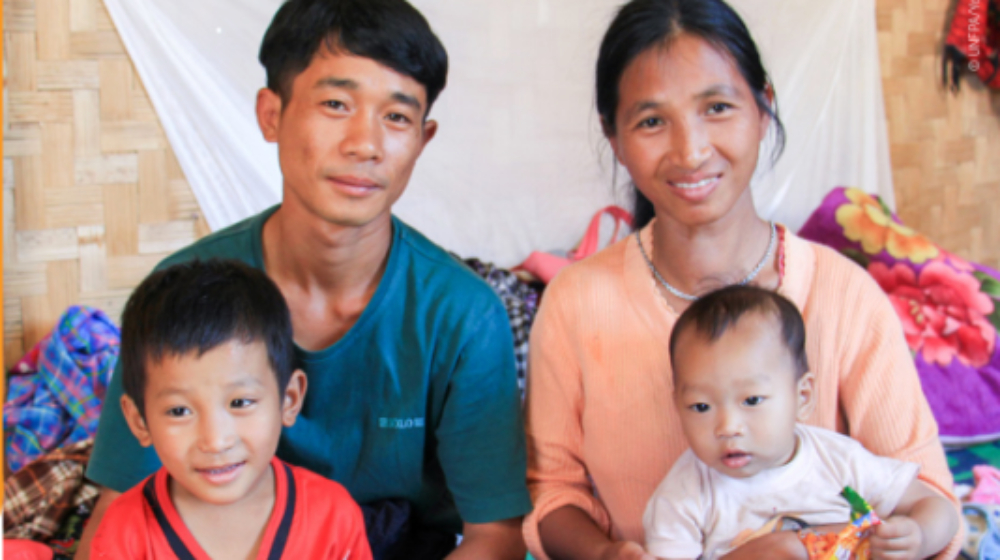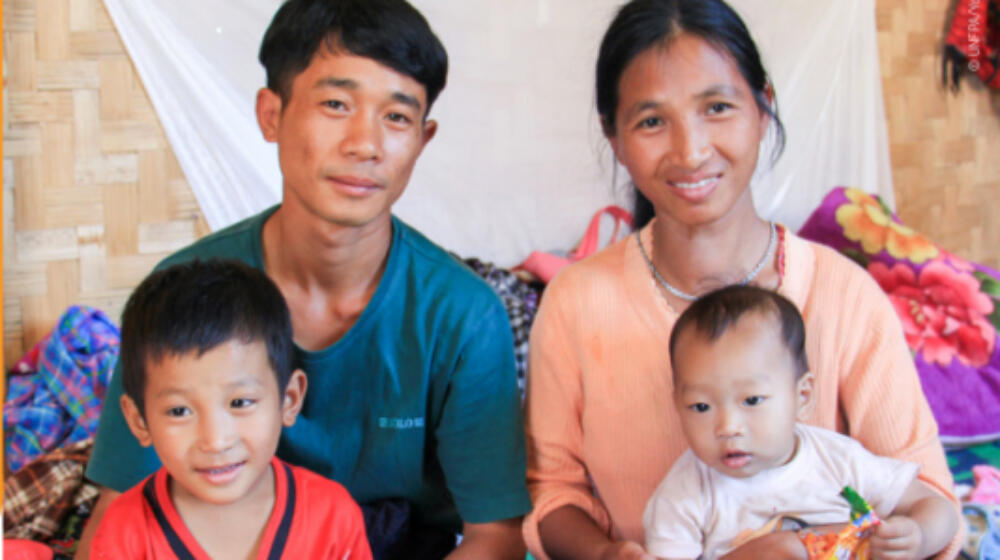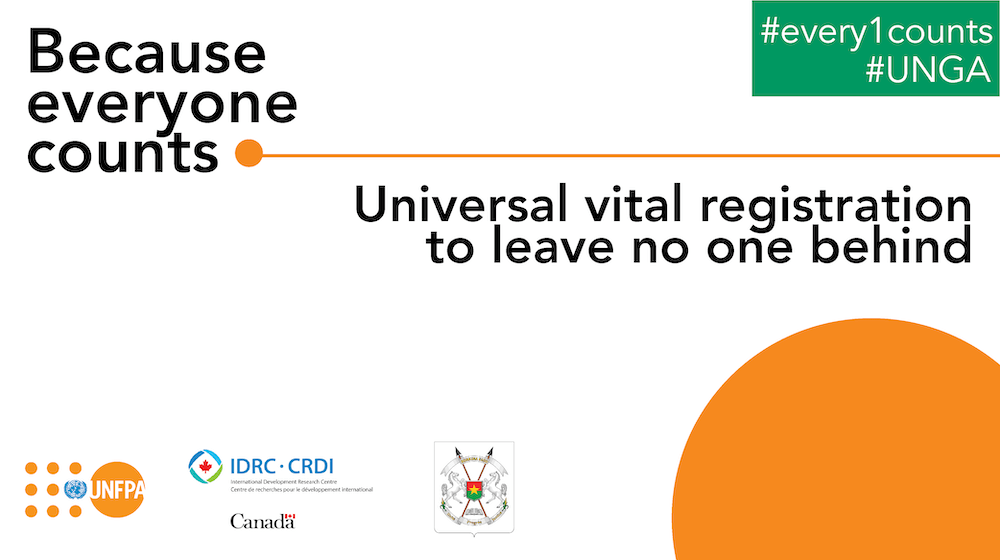Centre of Excellence for Civil Registration and Vital Statistics Systems
About the CoE-CRVS
The Centre of Excellence for Civil Registration and Vital Statistics (CoE-CRVS) is a global resource hub that actively supports national, regional and global efforts to develop, strengthen and scale up sustainable civil registration and vital statistics (CRVS) systems that work for all, especially women and girls. The CoE-CRVS facilitates technical assistance, global standards, tools, evidence, and good practice, with a strong commitment to gender equality, and strategic partnerships.
The CoE-CRVS was founded in 2015 at the International Development Research Centre (IDRC, Canada). In August 2021 the CoE-CRVS transitioned to UNFPA to expand the Centre’s reach through UNFPA’s global network with activities in over 150 countries. The CoE-CRVS is funded by Global Affairs Canada, IDRC and UNFPA.
Priority Focus Areas
The CoE-CRVS currently prioritizes the following strategic areas of support and engagement:
- Direct technical assistance and capacity development to national authorities: The CoE-CRVS provides technical assistance within UNFPA country programmes, including in humanitarian and fragile settings.
- Thought leadership and knowledge management: The CoE-CRVS documents insights, lessons learned and innovative developments via the CRVS Improvement Framework.
- Research and guidance: The CoE-CRVS conducts research and supports the development of technical standards, guidance and tools to support stronger and more inclusive civil registration, vital statistics and legal identity systems.
- CRVS and gender: The CoE-CRVS advances gender transformative civil registration systems and supports production and use of gender-sensitive vital statistics.
- Strategic Partnerships: The CoE-CRVS aligns its efforts with the Global Financing Facility on Women, Children and Adolescents, the Health Data Collaborative, SDG3 Global Action Plan and the UN Legal Identity Agenda.
Engagement across the life-course
UNFPA and the CoE-CRVS implement a life-course approach to CRVS support - from birth to death, including marriage and divorce - ensuring that a person’s legal identity is progressively updated over the life-course. A life-course approach advances human rights principles and inclusive development strategies for official statistics and public accountability, as shown below. Civil registration and legal identity facilitate access to health care, primary and secondary education, and social support.
An Integrated Population Data Systems Approach
The CoE-CRVS at UNFPA is advancing a whole-of-systems approach to CRVS strengthening - i.e. one that highlights the unique and substantial added-value of strong CRVS systems and their complementarity to quality population and housing censuses, geospatial information systems (GIS), household surveys and other administrative data systems (e.g. health information systems, national identity management systems). UNFPA plays an important role among UN agencies and international organizations in supporting nationally-owned and country-led population and health data systems. UNFPA emphasizes the integration of civil registration data with other data sources to strengthen not only population estimates and projections, but also to underpin health, education and other essential data for development.






